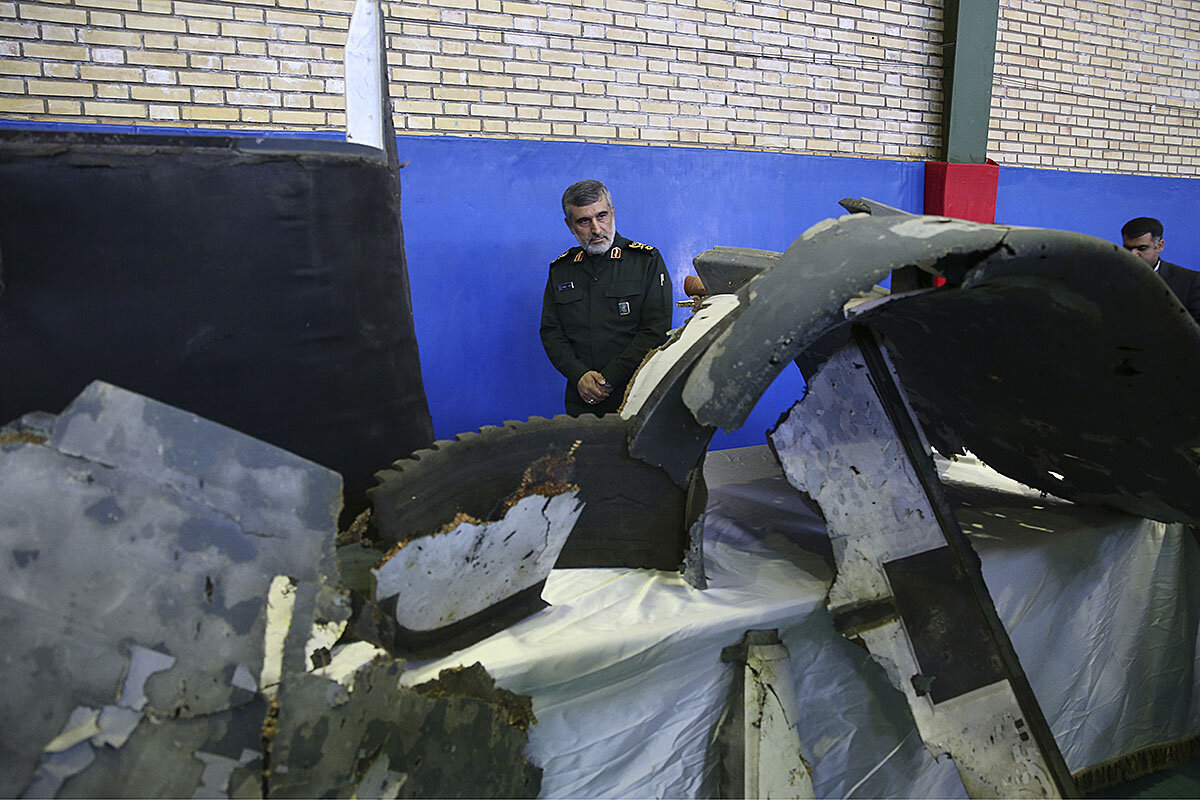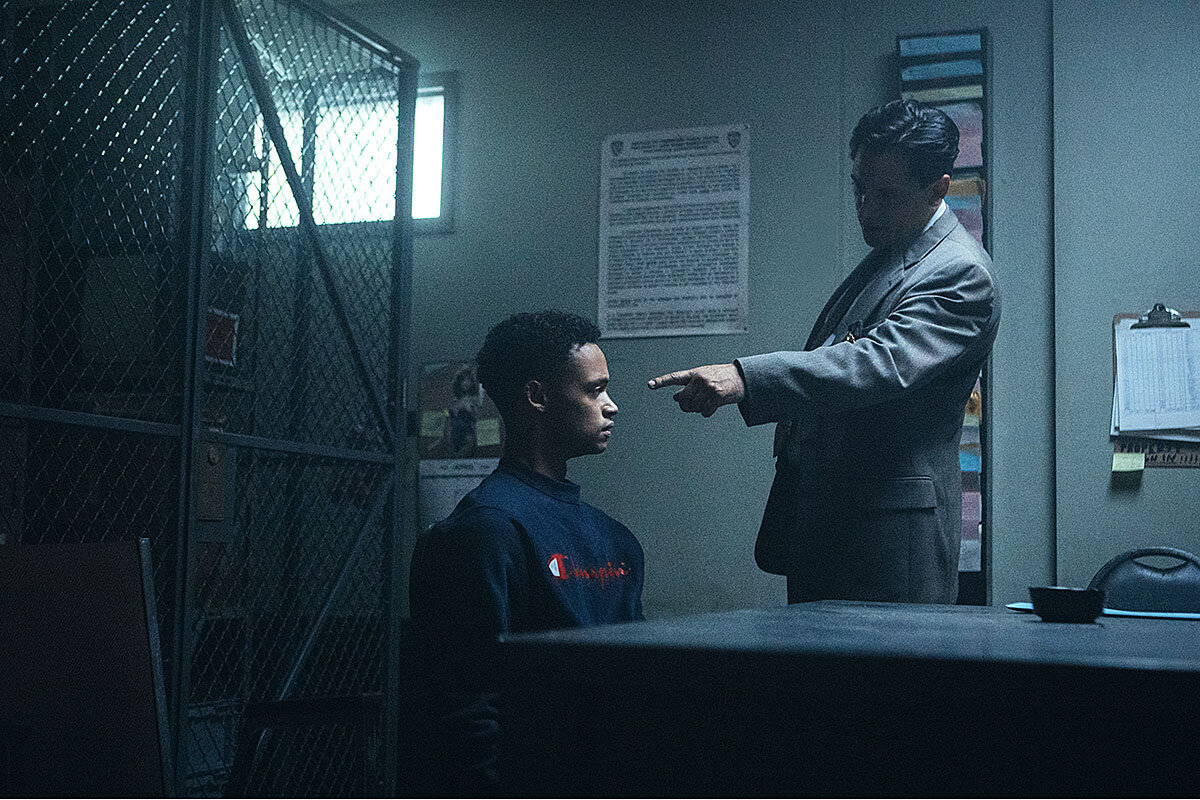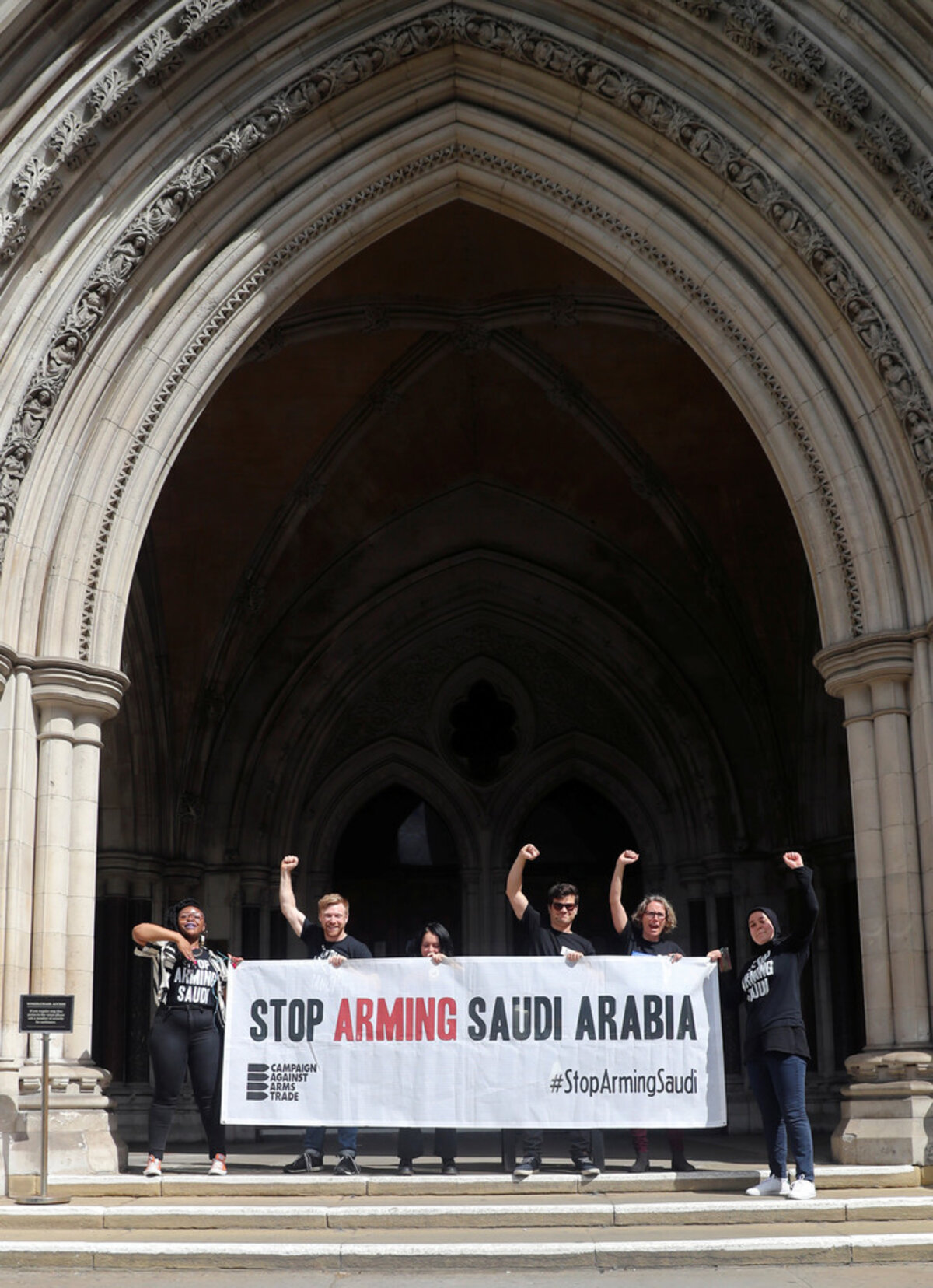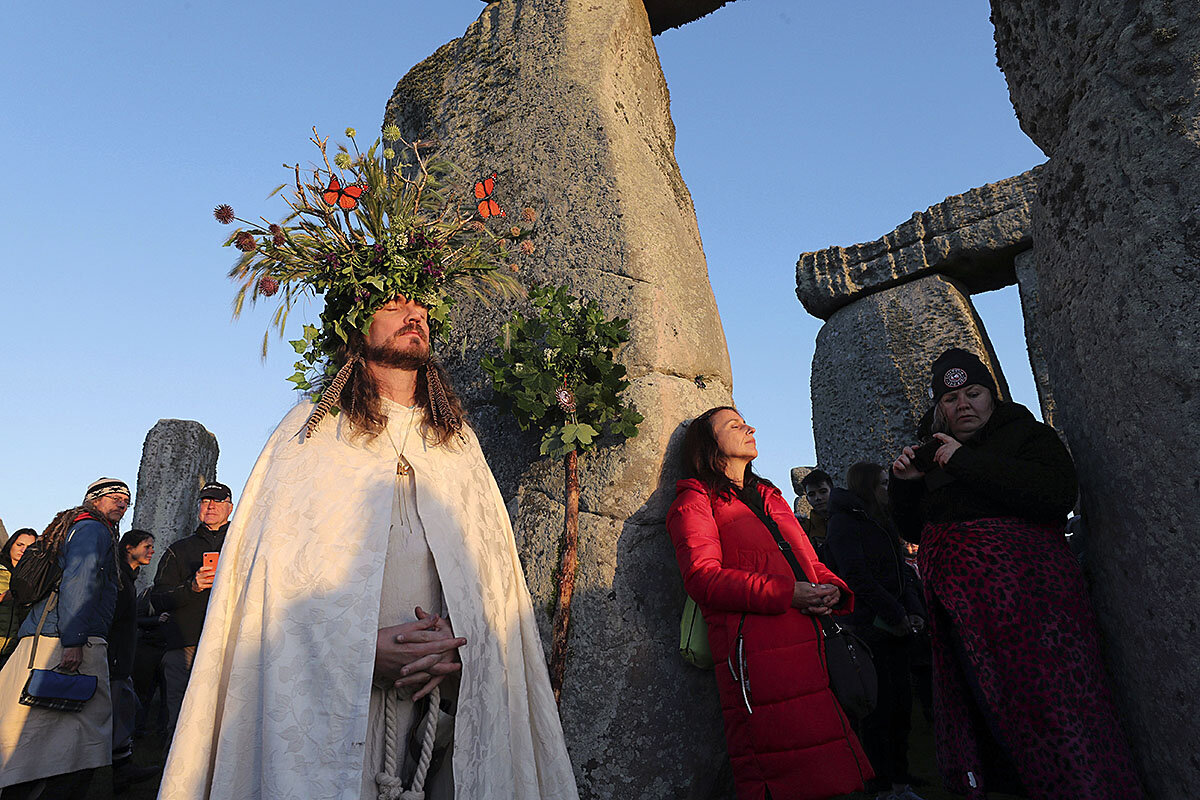Caught between a desire to punish Iran for downing a U.S. drone and a desire not to become entangled once again in the Middle East, the Trump administration faces a pivotal moment.
Monitor Daily Podcast
- Follow us:
- Apple Podcasts
- Spotify
- RSS Feed
- Download
 Mark Sappenfield
Mark Sappenfield
Welcome to your Daily. Today we look at what the U.S. wants from Iran, a college admissions case that tests the boundaries of forgiveness, how forest preservation can ease water woes, shows that highlight (and may help heal) social injustice, and the poignant subtext of “Toy Story 4.”
First, a little bit about simple acts that can lift us all.
This week I read a story that made me immediately think every Monitor subscriber should read this. So that is what I am going to ask you to do today. Please read this story.
To be honest, it’s too lovely to give away spoilers here. But I will say that this is the kind of story that most media put behind the wall of “good news” or “feel-good stories.” To me, the Monitor recognizes that it is so much more than that.
This story shows us that even when human life seems darkest and most hopeless, there is a light, even if it is just a scruffy stray dog named Chica. And it shows us that there is a Kenny in every one of us, and that we can profoundly change lives through the simple act of being good.
These are not just “feel good” lessons; they are intimate to each one of us, and they speak to our remarkable ability to, step by step, turn darkness into light.
Did you notice? This intro column looks different. Many of you say you want a quick take on the Daily’s contents to shorten your scroll. The links in the top paragraph will jump you to whichever story you choose. Helpful? Let me know at editor@csmonitor.com.










